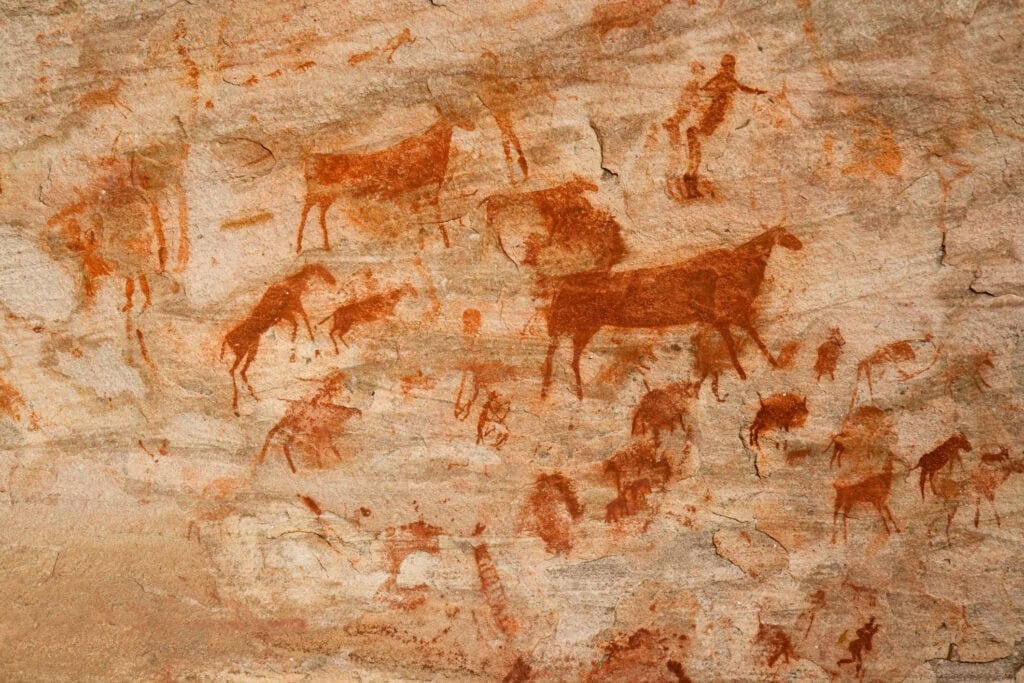South Africa’s rich cultural heritage spans centuries, from ancient rock art to modern stories of resilience. As the country evolves, so does the approach to preserving these treasures.
Today, technology and community-led initiatives are ensuring that future generations remain connected to their past. From virtual archives to restored historical landmarks, modern forms of preservation play a pivotal role in keeping South Africa’s heritage alive.
For travellers seeking to explore these iconic sites, Discover Africa offers curated experiences that take you deep into the heart of the nation’s most significant cultural landmarks.
Why Does South Africa Celebrate Heritage Day?

Heritage Day in South Africa, celebrated annually on September 24th, is dedicated to honouring the country’s diverse cultural heritage and uniting its people through shared traditions. The significance of this day lies in its role as a symbol of reconciliation and nation-building in a post-apartheid era.
Initially, the day commemorated the Zulu King Shaka, but it was later broadened to include all cultural backgrounds, recognising South Africa’s unique tapestry of ethnicities, languages, and customs.
Heritage Day encourages South Africans to embrace their cultural identities while celebrating their national identity. It has become a popular occasion to reflect on the nation’s rich history, with many marking the day through traditional ceremonies, music, and a good old-fashioned ”braai” (barbeque) to highlight the joy of communal gatherings around food.
In essence, Heritage Day is a celebration of unity in diversity, fostering understanding and respect among the country’s many cultural groups.
Where to Experience South Africa’s Multi-Layered Heritage
1. Digital Storytelling through Museums
South African institutions like the Zeitz MOCAA and Apartheid Museum embrace digital archives, VR experiences, and online exhibits to preserve and present South Africa’s diverse heritage to global audiences. These platforms make cultural history accessible beyond physical visits, allowing for a more interactive and immersive experience.

2. Restoration of Historical Sites
South Africa, home to 12 UNESCO World Heritage Sites, is deeply committed to restoring and preserving its historically significant landmarks, such as Robben Island and the District Six Museum. These efforts ensure that future generations can engage with the spaces that shaped the nation’s history, preserving both their cultural and historical importance for years to come.
3. Cultural Festivals and Events
Festivals like the National Arts Festival and the Cape Town International Jazz Festival highlight the significant creative and musical heritage of South Africa and Africa as a whole. The Macufe Festival in Bloemfontein is yet another celebration of African art, culture, and performance. These festivals not only showcase age-old traditions but also foster national pride and cultural preservation through modern engagement.

4. Community-Driven Heritage Projects and 3D Modelling
Local initiatives, such as the CTS Heritage Virtual Rock Art tours, engage indigenous communities in heritage preservation. This blend of local expertise and digital mapping technology protects ancient San and Khoi rock art from deterioration.
Projects like the Virtual National Heritage Archive utilise 3D modelling and drone technology to digitally preserve and reconstruct ancient ruins, allowing people to explore these treasures virtually.

5. Culinary Heritage Experiences
South Africa’s diverse culinary traditions offer an authentic way to explore its heritage. Experiences like the Cape Malay Cooking and Bo-Kaap tour in Cape Town provide travellers with a chance to immerse themselves in the country’s history through flavours and traditional recipes passed down through generations. These experiences celebrate South Africa’s cultural diversity through the universal language of food.
Author: Chrizaan Troch
Published:
Last Update: